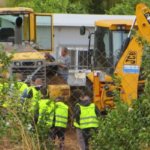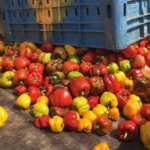Al Auja spring, a Palestinian dried up source of life
Al Awja spring has become only a distant memory for the people of Al Auja.
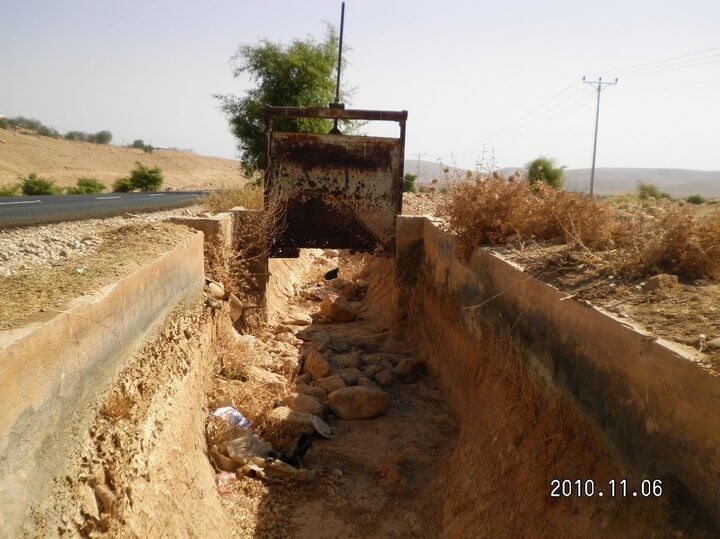
39 years ago, water was running all around the village, and Palestinians from all over the West Bank would come to swim and fish there. Al Auja was also famous for its bananas. Today, the spring has dried up and tourists come no more to enjoy the area.
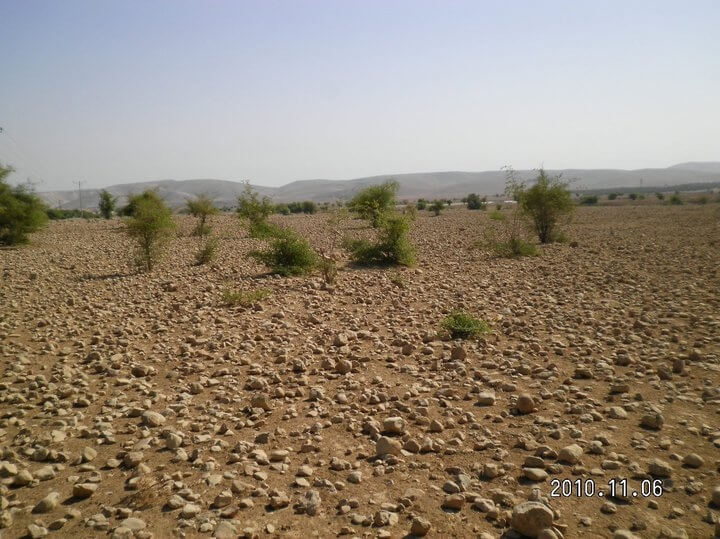
In 1972, occupational forces dug 2 huge water wells beside the source. Those wells are pumping out every single drop of water from the underground. This spring used to be one of the main water resources of the Jordan valley, providing 1750 m3 per hour to the different Palestinian communities living in the area.
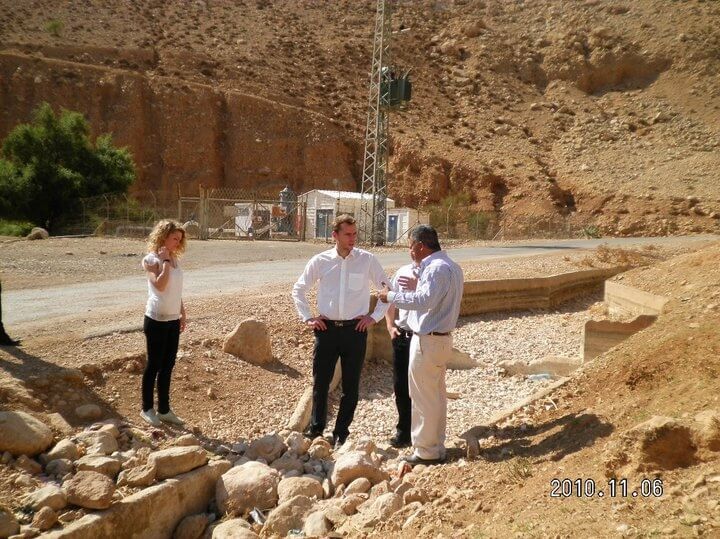
Currently, the two Al Awja water wells belong – like all the wells of historical Palestine – to Mekorot, the Israeli water company that was established before the creation of the State of Israel ,as one of its tools to establish zionist ideology on the ground.
Palestinian Jordan Valley villages used to have a large network of irrigation that is now completly dried up. Today they have to drive dozens of kilometers away from their homes, with their tractors and mobile water tanks. Additionally, they are sometimes obliged to cross checkpoints to buy their irrigation and drinking water from Mekorot. In order to buy this water, they have to pay four times the price that settlers have to pay. Moreover, settlers have free irrigation water.
Today, Al Auja looks like a desert whilst Israeli settlements appear as havens.
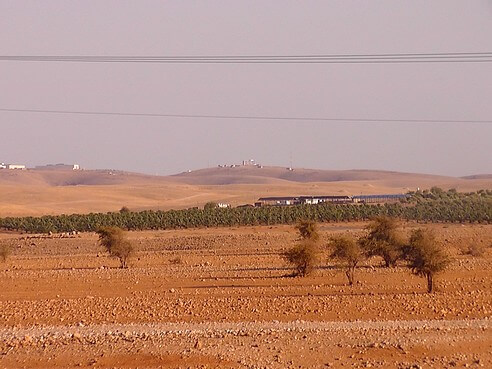
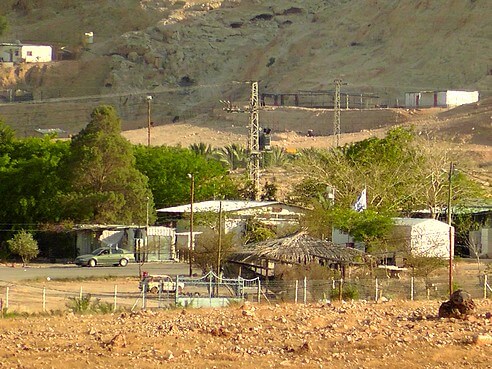
The three settlements established on Al Auja land enjoy a high standard of housing, flourishing gardens and big farms.
Al Auja situation is a case among many others in the Jordan Valley and more genrealy in the occupied Palestinian Territories.
For more information about the water and sanitation crisis in the Jordan Valley read our publication.

